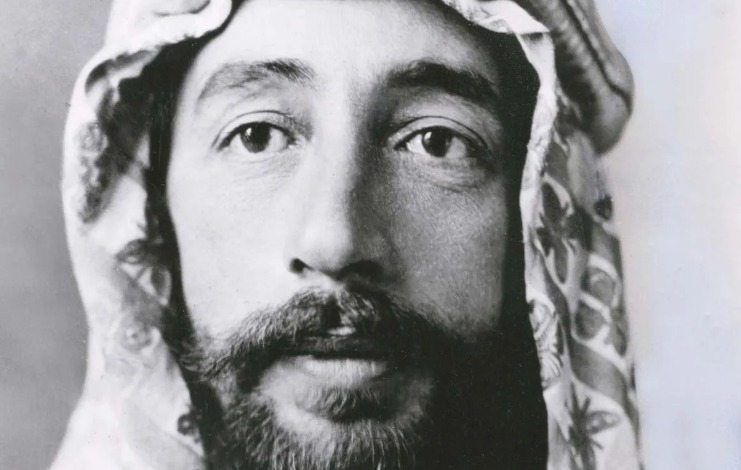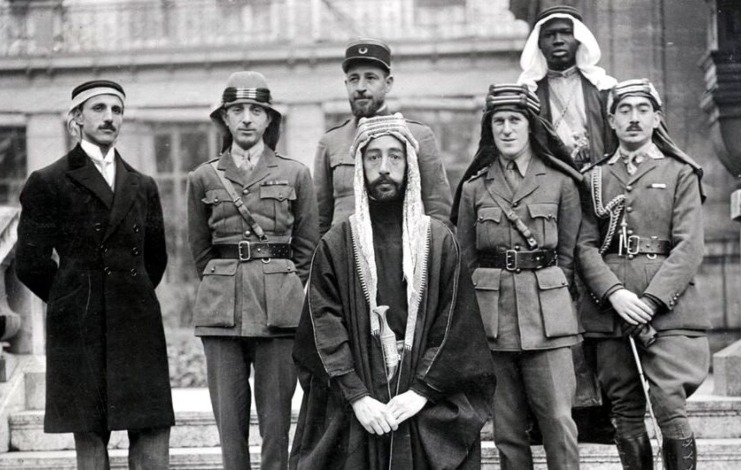In celebration of the day of his coronation and taking the Iraqi throne, we’re going to highlight some things you probably didn’t know about King Faisal I, who dreamt of a Pan-Arab unification within the region, unfortunately, it never came to fruition.
He’s A Descendant Of The Prophet Mohammed
King Faisal bin Hussein bin Ali al-Hashimi, was born in Mecca in 1883, the third son of Hussein bin Ali, the Grand Emir and Sharif of Mecca, making him part of the Hashemite dynasty. The king was a 38th-generation direct descendant, going as far back as the fifth Caliph Al-Hassan, the Prophet’s grandson.
The Hashemite dynasty ruled in the region of Mecca as vassals to whoever was in power since the 10th century. The family started taking control of the area during the rule of Sharif Hussein ibn Ali, who worked with the Allies against the Axis, which included the Ottoman Empire, by starting a revolt against them to gain their independence.
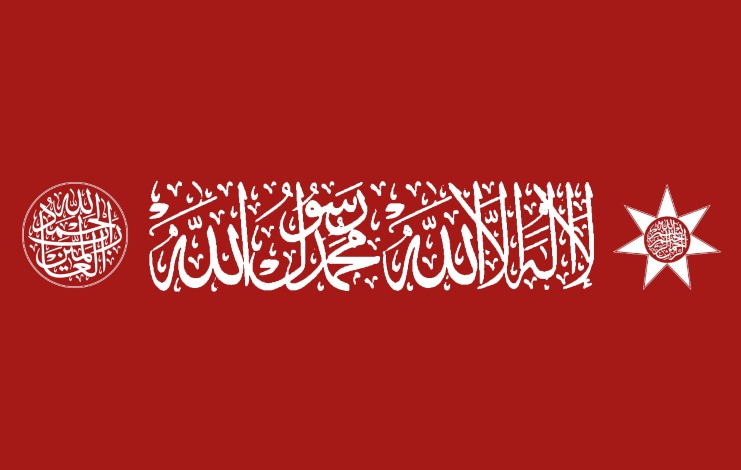
He Wasn’t A King Of One Country But Two
Although it didn’t last long, King Faisal became the king of Syria (also called Greater Syria) in 1920 by the Syrian National Congress government. Unfortunately, the king would later find out about the Sykes-Picot Agreement, which carved the region, giving Syria to the French.
After skirmishes between the two nations and the French victory at the Battle of Maysalun, they expelled King Faisal from the country. The British would bring the king back into the limelight when the British selected him as the best candidate to rule as Iraq’s new king. He would be crowned in 1921 and would be instrumental in attaining the country’s independence from the British in 1932.
The French Consulted Him About Syria After Pushing Him Out Of It
In an interesting twist, during the Great Syrian Revolt of 1925, the French government began talks with King Faisal on Syrian matters and how to resolve them, seeing that he was a good ruler in Iraq and would better understand the Syrians.
He advised them to restore Hashimite rule within the country as a solution, as the Syrians didn’t want a foreign ruler. Obviously, They didn’t listen to his advice and continued to fight the revolt, crushing it in a matter of two more years.
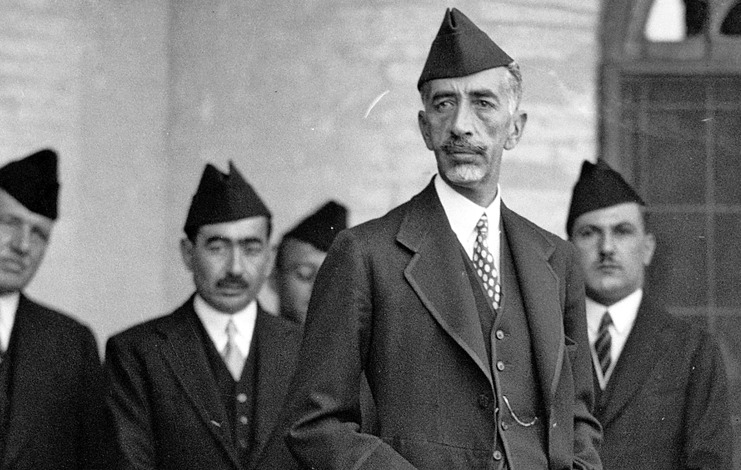
He Used Syrian Experts To Better Iraq
While King Faisal controlled the country, he tried to develop it as much as he could, bringing in the best laborers from nearby countries, especially Syrians who wanted to escape French rule.
He helped Syrian exiles and asylum-seekers find jobs, assigning several experienced doctors and teachers to positions within the country, and while it was effective, for a short time, things got a bit heated since animosities started to flare up between the Iraqi natives and the ever-growing Syrian emigrants.
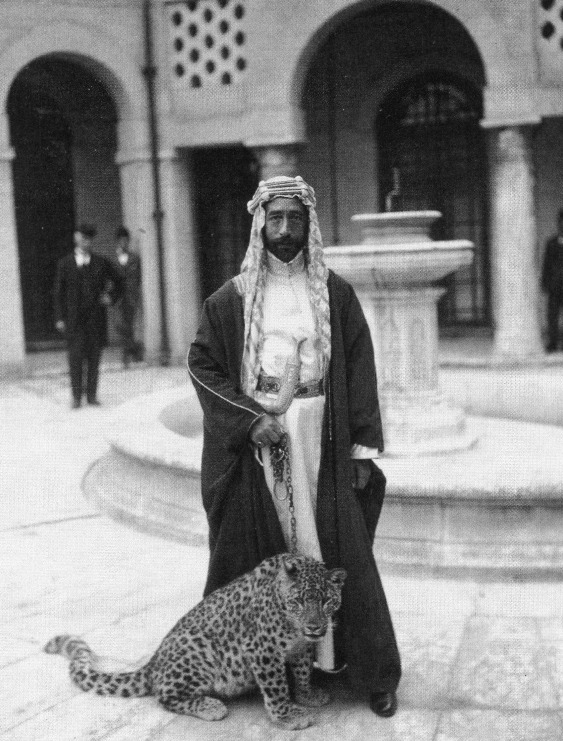
One Family Taking Control Of The Region
After the end of the first World War, most of the area in the region was cut up into different countries, and three of Sharif Al-Hussein ibn Ali’s sons took control. Ali Bin Al-Hussein was proclaimed the King of Hijaz and took control of the area after his father. Abdullah Bin Al-Hussein ruled over Jordan, and finally, Faisal, who was king of both Syria and Iraq.
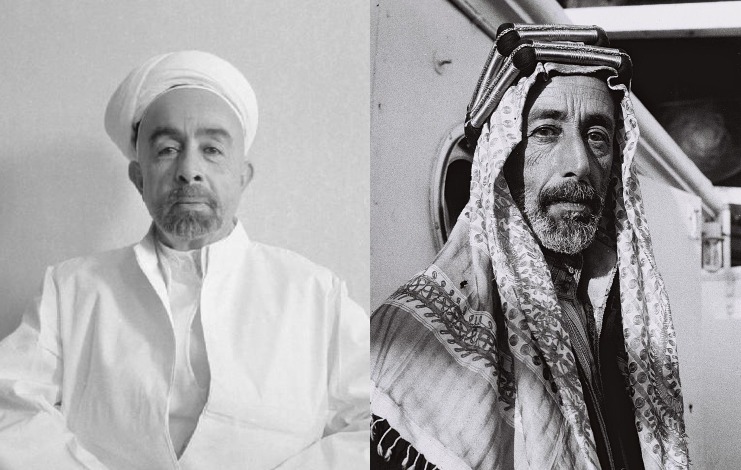
Unfortunately, looking at their dynasties today, King Faisal and Ali’s families didn’t rule for long. King Faisal’s grandson, King Faisal II, was executed in 1958 during the 14 July revolution in Iraq, effectively ending the line there. On the other hand, King Ali was deposed in December 1925 by Abdulaziz Bin Abdulrahman Al-Saud, creating the Kingdom of Saudi Arabia soon after.
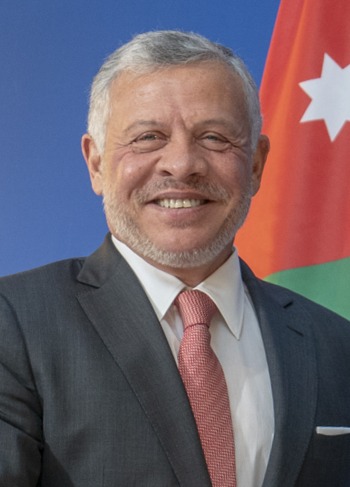
Even though King Abdullah I of Jordan was assassinated in 1951, his descendants continue to rule the country today, with King Abdullah II at the helm.
He Was Played By Obi-Wan Kenobi In A Movie
In 1962’s Lawrence of Arabia, King Faisal makes an appearance played by Obi-Wan Kenobi actor Sir Alec Guinness. The studio used makeup and costume design so well that Sir Guinness resembled the late king so much that people who had met King Faisal were shocked at how similar they looked.
We Said This: Don’t Forget… Do We Need A New Name For The ‘Middle East’?


